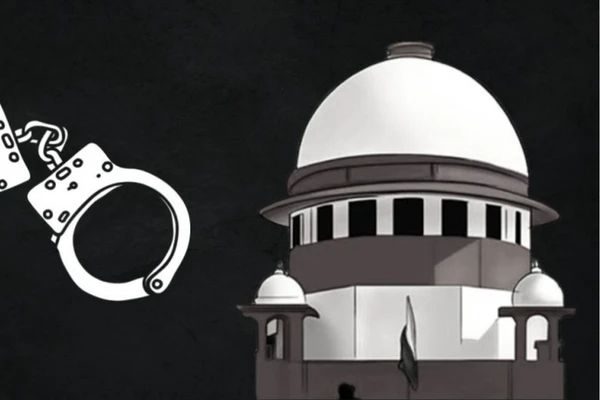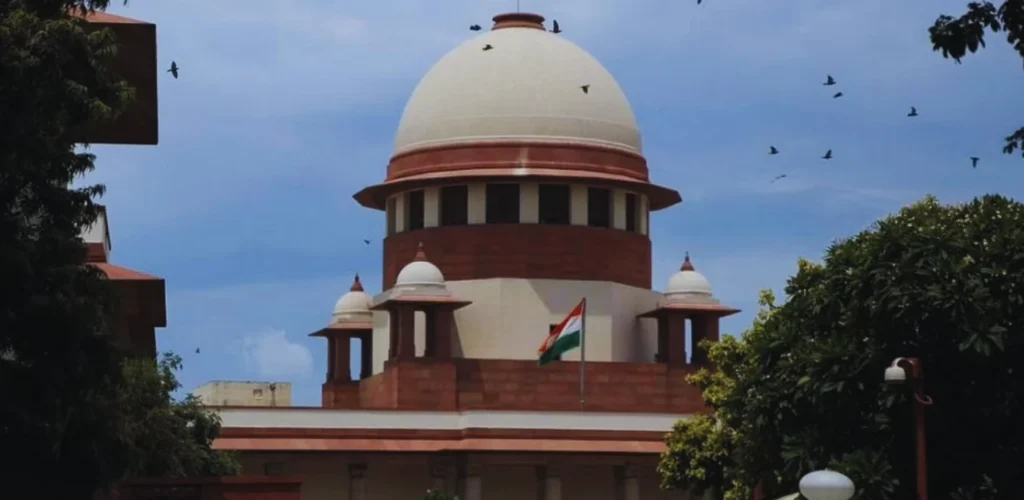Chief Justice of India expressed concern over the ‘bail as a rule, jail an exception’ principle losing ground in trial courts.
What Is Bail?
- Bail is the provisional release of an accused person in a criminal case, pending judgment.
- The term originates from the old French verb ‘bailer,’ meaning ‘to give’ or ‘to deliver.’
- Aim: To balance personal freedom with public interest.
- It is addressed under Bharatiya Nagarik Suraksha Sanhita (BNSS), 2023.
- It involves the deposit of security to ensure the accused’s release.
Types of Bail
- Regular bail: Granted to those arrested or in police custody, can be applied for under sections 437 and 439 of CrPC.
- Interim bail: Granted for a short period before the hearing of regular or anticipatory bail.
- Anticipatory bail: Granted under section 438 of CrPC by session court or High Court to those who anticipate arrest for a non-bailable offence.
Conditions For Grant of Bail In Bailable Offences
- Bail can be granted if there are sufficient reasons to believe the accused has not committed the offence or further enquiry is needed.
- The offence should not be punishable with death, life imprisonment, or imprisonment up to 10 years.
Conditions For Grant of Bail In Non-Bailable Offences
- Bail is not a right but at the discretion of the court for non-bailable offences.
- Conditions include if the accused is a woman or a child, lack of evidence, delay in lodging FIR, or if the accused is gravely sick.
Cancellation of Bail
- The court can cancel bail and order arrest if necessary, under sections 437(5) and 439(2) of the CrPC.
| UPSC IAS Preparation Resources | |
| Current Affairs Analysis | Topperspedia |
| GS Shots | Simply Explained |
| Daily Flash Cards | Daily Quiz |



